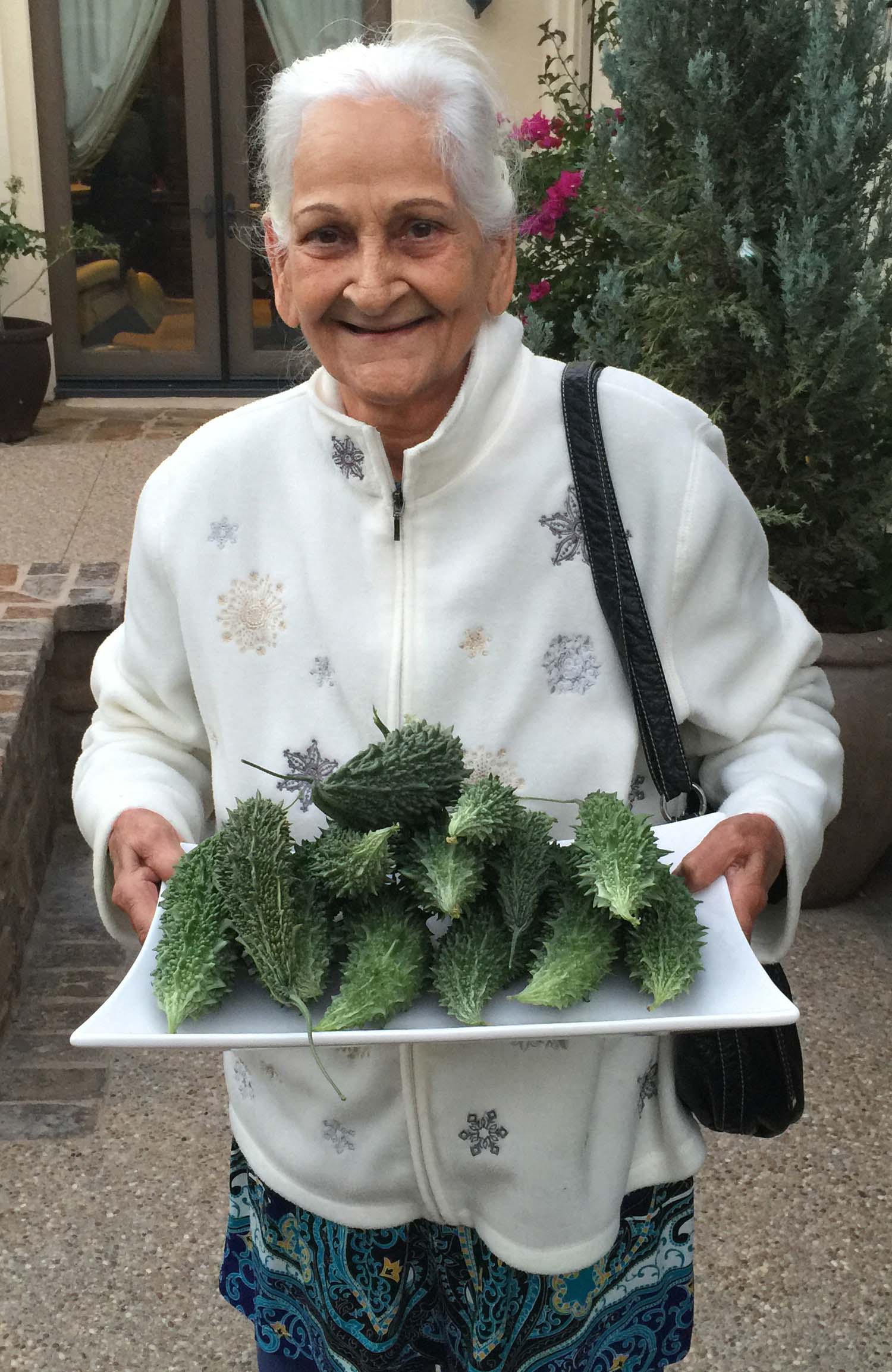
Saves Energy Compared To Synthetic Fertilizers
You can thank two scientists (Haber & Bosch) who in 1915 developed a process to convert atmospheric nitrogen, which plants can't utilize, into ammonia which they can. It takes a significant amount of fossil fuel to heat air to 1,000 degrees and compress it to 200 times atmospheric pressure to accomplish this. Compost has emerged (more truthfully come back) as the ecological alternative. Plants and trees collect the sun's energy and convert it into cellulose. In our case that cellulose is wood shavings. These are feed for the bacteria and fungi to make the compost. The same system is true for the hay that is converted into manure, then into compost. All tying back to the plentiful sun, rather than diminishing fossil.
Carbon Sequestration
Global warming is becoming the number one environmental issue, and compost is part of the solution. Besides reducing the burning of fossil fuels, adding organic material to your soil is a valuable form of sequestrating carbon. You're closing the loop by returning carbon back to the soils. Every cubic yard is estimated to take 75-100 pounds of carbon out of the atmosphere.
Less Transporting
America runs on trucks, and for most compost this is no exception. It is not unusual for compost to be trucked to three locations before you bring it home. This means a lot of diesel is spent on transportation. Because we are the originators and producers of our compost, there is no trucking involved. This means by purchasing your amendment from us, you're keeping trucks off the road, going far to improve air quality.
Water Savings
Pumping water around the block, or around the state, means a huge quantity of electricity is being consumed to get it to your home. It is estimated that 5% of all energy consumed is just for water movement.
By improving your soil, more of that water will soak into the ground, and less will run into the gutter. Also, a compost cover will go far in reducing evaporation (which can be 50% of what you irrigate.) Thus less water is taken from natural sources and less carbon is put into the atmosphere from burning fuels to make power to move the water to your home. Lastly, healthy soil absorbs more rain. This allows you to delay turning your sprinklers on for the dry periods.
Recycled Bags
When you buy our compost, it's what's inside the bag that you're purchasing, not a fancy bag. To that end, we are using recycled bags from other ranch operations to keep them out of the landfills and to conserve our diminishing oil resources. If this is important to you, we are happy to accept the empties when you're done so that we can reuse them again and again.
Protects Lakes, Rivers, & Oceans
Synthetic Fertilizers are highly concentrated chemicals that severely damage water bodies when they enter them. The highly concentrated chemicals spur large algal blooms. When these blooms die off, the bacteria that consume them, absorbs all the surrounding oxygen during the process. Then other forms of life also die from oxygen deprivation. These create dead zones in our oceans. One of the largest dead zones is in the Gulf of Mexico that comes from all the chemical fertilizers that flow into the Mississippi river from the agricultural heartland.
Another the value of compost is that nutrients have been decomposed in a controlled composting environment that doesn't threaten the adjacent environment. Thus the nutrients are now in a slow releasing state that doesn't cause the large blooms typical of synthetic fertilizers. Lastly, there is far less runoff leading the adjacent creeks and rivers because the soil is more porous, and the water that is placed on the crops actually stays there.